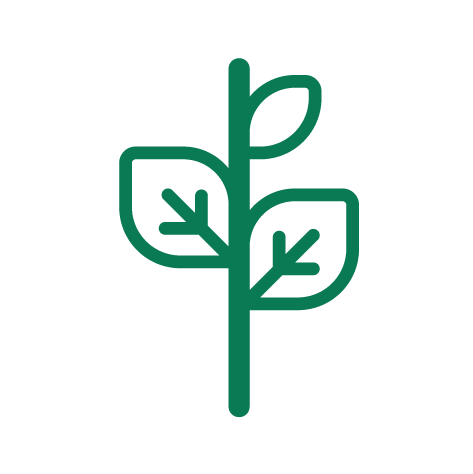Partnership Organisations
With over 130 years of delivering first aid in the community, St John Ambulance is widely renowned as the nation’s leading first aid charity. However we acknowledge that in order to reach our strategic goal of every young person understanding basic first aid, we need to collaborate with the subject matter specialists in our communities and that’s your organisation!
Your organisation fully comprehends the needs of the young people engaged in your service, so by collectivising each of our strengths and expertise we can make a much bigger impact on the young people in our communities who are at risk of falling through the net, at the same time creating a more first aid sustainable, safer society.




